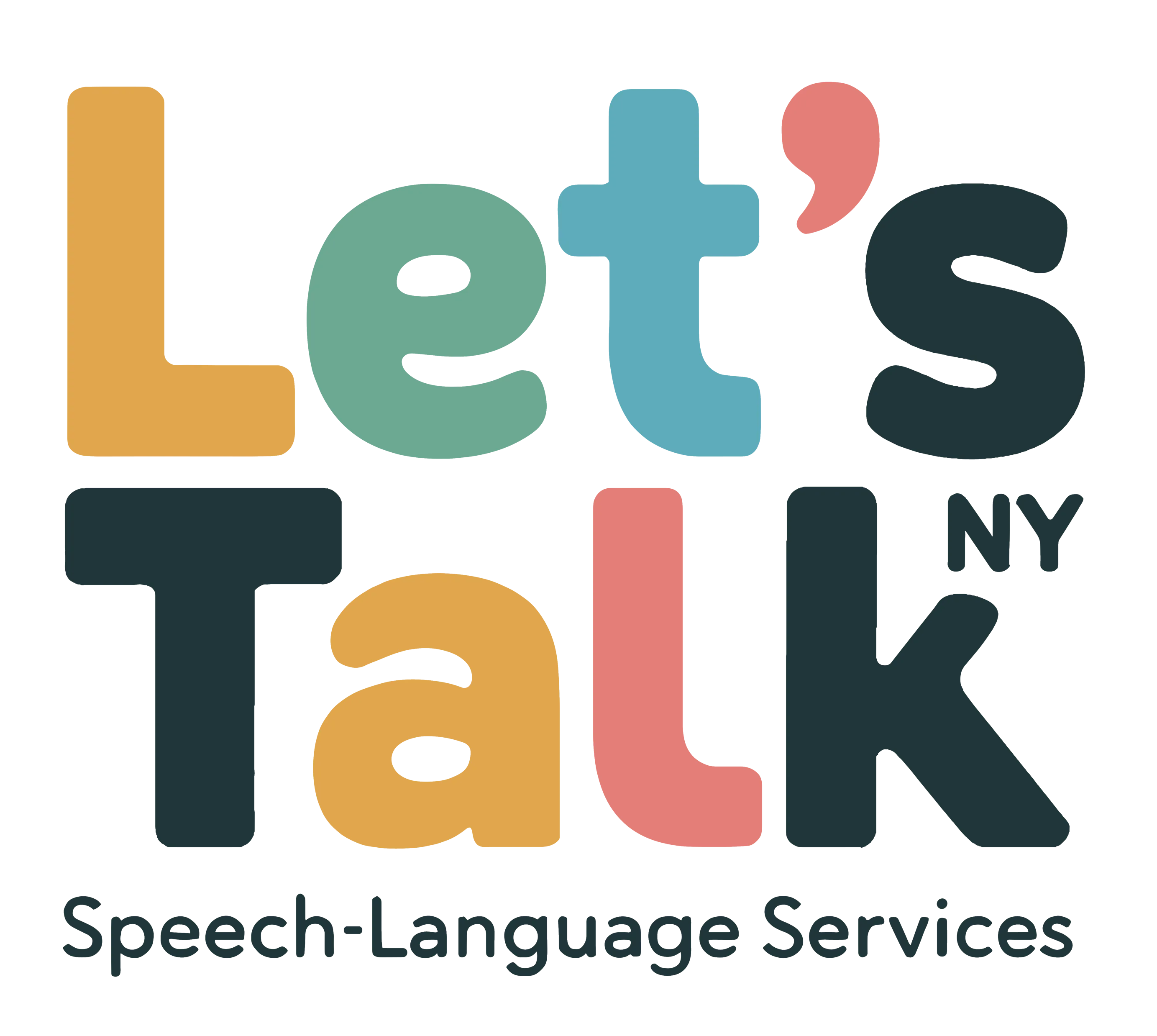The Sound-Reading Connection: Understanding Auditory Processing and Literacy Skills

Hey there, parents and teachers! Ever wondered why some kids struggle with reading even though they’re sharp as a tack in other areas? The answer might be in how they process sounds. Let’s dive into the fascinating connection between auditory processing and reading skills.
What is Auditory Processing?
Think of auditory processing as your brain’s sound control center. It’s not about hearing sounds (that’s what your ears do), but rather how your brain makes sense of those sounds. When a child has trouble with auditory processing, it’s like trying to listen to a podcast with spotty reception – all the information is there, but it’s hard to piece it together.
The Reading-Sound Connection
Here’s something cool: reading and sound processing are totally BFFs in your brain. Research has consistently shown that strong auditory processing skills are crucial for developing good reading abilities. Let me break down why:
Phonological Awareness
Remember learning about “sounding it out”? That’s phonological awareness in action! Research has demonstrated that children who struggle with auditory processing often have trouble breaking words into sounds (phonemes).
This makes sense when you think about it – if it’s hard to tell the difference between similar sounds like “bat” and “pat,” reading becomes much more challenging. Phonological awareness is like the foundation of a house – without it, the whole structure of reading can become unstable.
Reading Fluency
When kids can process sounds quickly and accurately, they’re more likely to become fluent readers. Think of it like building blocks – each skill supports the next one. Strong auditory processing helps children:
- Recognize speech sounds more easily
- Connect those sounds to letters
- Blend sounds together to form words
- Read with better speed and accuracy
Red Flags to Watch For
If you notice your child or student showing these signs, they might be dealing with auditory processing challenges:
- Difficulty following verbal instructions
- Trouble distinguishing between similar sounds
- Reading below grade level despite strong intelligence
- Struggling to sound out new words
- Getting easily distracted by background noise
What Can We Do About It?
The good news? There’s lots we can do to help! Here are some evidence-based strategies:
1. Rhythm and Music Activities
Music and rhythm activities can help strengthen auditory processing skills. Try:
- Clapping syllables in words
- Singing songs with rhyming patterns
- Playing rhythm games
- Moving to music while emphasizing beat patterns
2. Clear Communication Strategies
When working with children who have auditory processing challenges:
- Face them when speaking
- Speak clearly but naturally
- Use visual cues along with verbal instructions
- Give one instruction at a time
- Reduce background noise when possible
3. Reading Practice with a Twist
Make reading practice more auditory-friendly:
- Use audiobooks along with printed text
- Practice phoneme manipulation games
- Record reading sessions and play them back
- Play word games that focus on rhyming and sound patterns
Remember…
Every child’s journey to reading is unique. If you’re concerned about your child’s reading or auditory processing, don’t hesitate to reach out to an audiologist or speech-language pathologist for an evaluation. Early intervention can make a huge difference!
Resources for Parents and Teachers
Reliable Organizations:
- Reading Rockets (readingrockets.org)
- Understood.org
- International Dyslexia Association (dyslexiaida.org)
- American Speech-Language-Hearing Association (asha.org)
Types of Helpful Tools:
- Interactive reading programs
- Phonological awareness apps
- Audio-supported reading materials
- Speech-to-text tools
Remember, helping a child with auditory processing challenges isn’t just about fixing a problem – it’s about unlocking their full potential as learners and readers. Keep it fun, stay patient, and celebrate every victory, no matter how small!
---
Note: This article provides general information and should not be considered as medical or professional advice. Please consult with qualified professionals for specific concerns about your child’s development.
